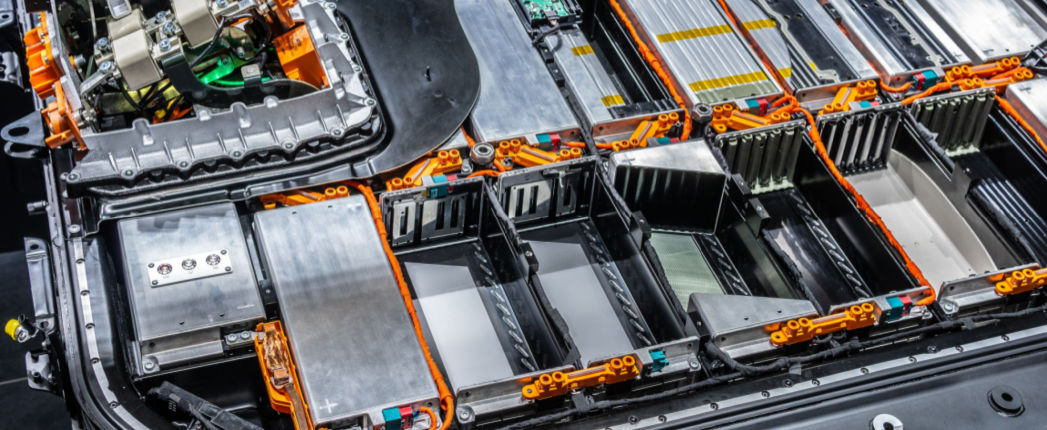
ExxonMobil announced Monday that it will enter the lithium business by drilling a well for the mineral in Arkansas.
The American energy giant added that it aims to become the world’s largest supplier of lithium for electric vehicles in just seven years.
“Lithium is essential to the energy transition, and ExxonMobil has a leading role to play in paving the way for electrification,” ExxonMobil President for Low Carbon Solutions Dan Ammann said in a news release.
In an apparent reference to the company’s experience extracting fossil fuels from the earth, he added, “This landmark project applies decades of ExxonMobil expertise to unlock vast supplies of North American lithium with far fewer environmental impacts than traditional mining operations.”
Lithium is becoming one of the world’s most sought-after minerals thanks to the growing popularity of EVs. Lithium-ion batteries are currently the dominant means of powering EVs, and sky-rocketing EV sales have quickly turned that into the application that receives the largest share of global lithium production.
Lithium suppliers are scurrying to keep up with demand, at times tightening the supply-demand balance to the point that prices have shot up, raising costs not only for batteries used in EVs and other equipment but also other lithium applications such as lubricating grease thickeners, glass and ceramics.
Some of the world’s largest lithium-producing countries – or nations with designs to become big producers – have already nationalized their industries.
In its news release, ExxonMobil noted that early this year it acquired rights to 120,000 acres in southern Arkansas’ Smackover formation, which it described as one of the most prolific lithium sources in North America. The company said it plans to use conventional oil and gas drilling methods to reach lithium-rich saltwater reservoirs 10,000 feet underground and then to separate the mineral from the water using direct lithium extraction. It plans to convert the lithium to battery-grade material onsite and to return the saltwater to the reservoirs.
The company did not discuss amounts of lithium it expects to produce. Officials did not mention plans to supply the mineral for any applications other than batteries, but any significant increases in global lithium supply are bound to benefit availability for grease and other applications, too.